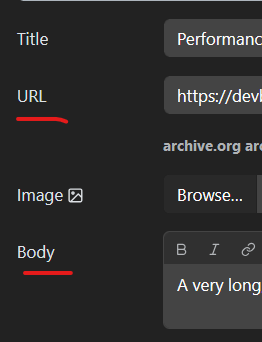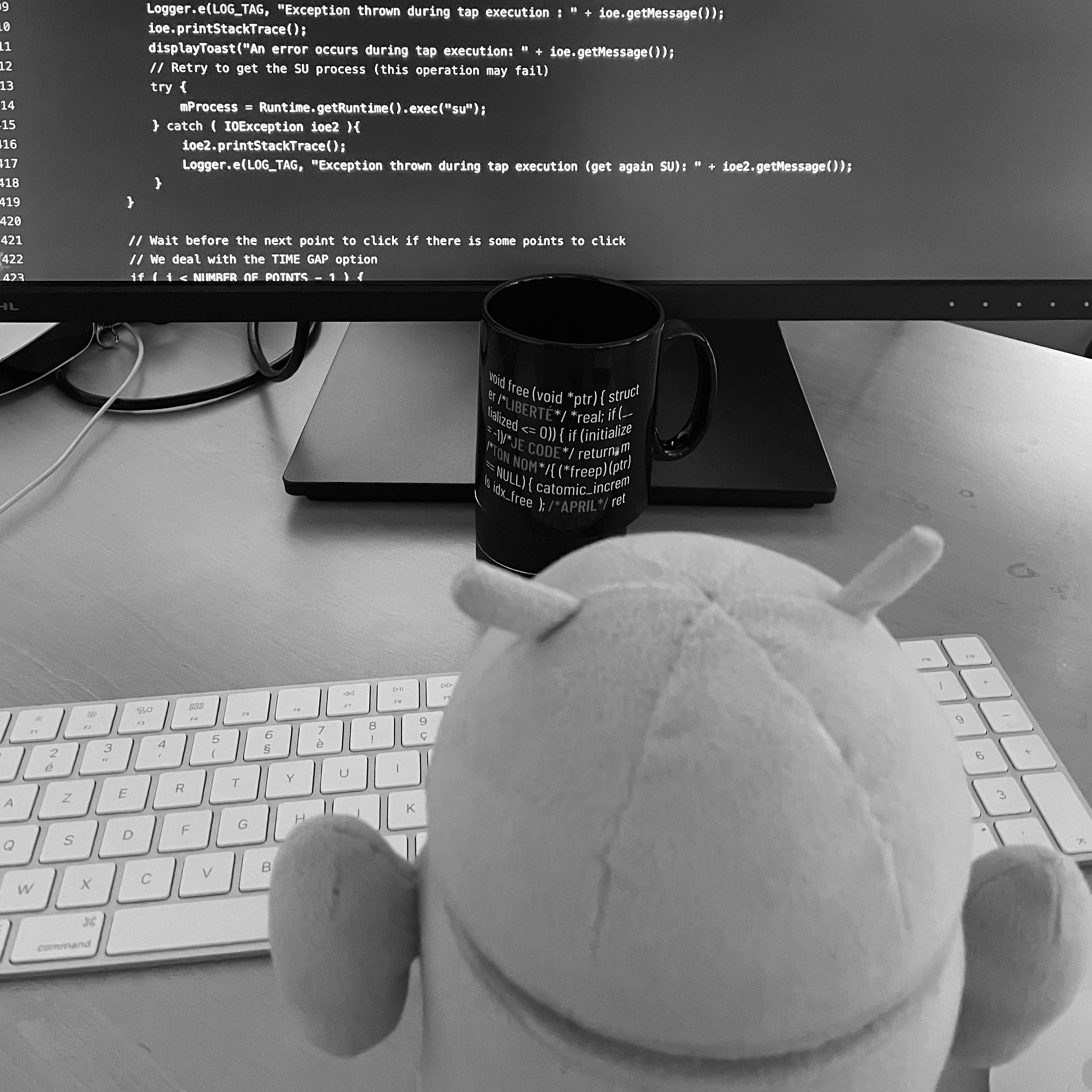Seems like green washing for software.
It’s certainly something that looks better, but contrary to green washing, I see real, practical value.
I would rather be able to see and inspect source code than not. And I would rather have the right to take and fork a two year old version than not. Or be able to wait two years to fork the current version.
Those are real good value. Those bring certainty in infrastructure robustness and freedoms.
we’re carving a space for companies to safely share
To be fair, it’s no safer than being GPL etc. in that any license is only as useful as your ability to enforce it in court. For a bad actor, whether they violate a fair source license vs a GPL likely isn’t much of a concern at all.
I doubt they’re as worried about people covertly stealing their licenses code as they are about amazonish tactics where a competitor forks the codebase and takes a significant fraction of the users with them, or even just reuses the existing code to host a service, which means they don’t have to ship their modifications back upstream.
I’m not defending the decision, that’s just my experience with how this is usually justified.
it converts to a true open source license after a predefined period of time
What happens if that time never comes for the company and it goes out of business?
The source code is available, and the conversion is automatic, so it doesn’t matter if they do go out of business
The conversion is part of the license. It does not require the company to take any action.
The source is available with a restricted license, and e.g. two years later it relicenses itself to a FOSS license, automatically, as defined by the original license.
If they were honest, they would call it Unfair Source. 'We get to put bully our users for two years, and then they can have their freedom" - what’s “”“fair”“” about that? Yes, I said bully, because they can put spyware, malware and bad features without anyone being able to redistribute a copy without the mal-features. So either you get bullied, or you wait two years before the software goes open source. But by the time it’s gone open source, the software will most likely be obsolete, because that’s the pace of modern software development. Completely stupid license. If you want to keep your freedom, stick to free software.
You posted the article link in the post content instead of linking it in the post. Was that deliberate?
You can still edit the post and set the link. (Then people can open it from the post title.)
Sorry, not used to my Lemmy client, still not found how to do that. Quite a newbie, I will take more care next times. Thank you for your comment.
I’m using the website / native website interface. It’s at least possible there to edit the post and url. May be different for “Lemmy clients”.

Ok, you are ight, fixed the publication and will dig deeper with my Lemmy app to check if an improvement can be done :) Thanks!
FYI, spotted the issue and updated it ;) https://github.com/mlemgroup/mlem/issues/1311




